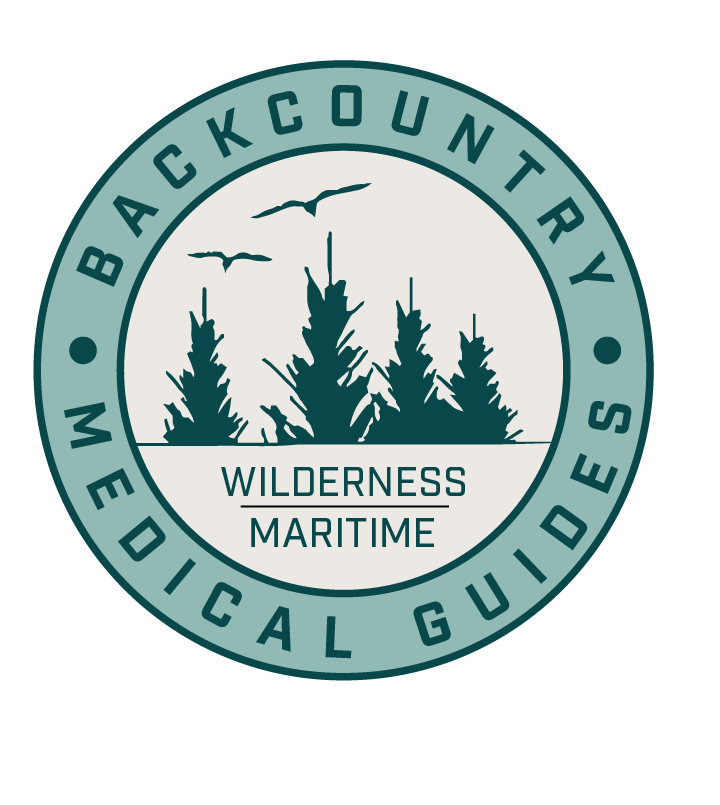Three Wise Monkeys' Guide to Adventure
"One does not discover new lands without consenting to lose sight of the shore for a very long time." - André Gide
What are we watching?
YouTube videos can be hit and miss when it comes to sharing good, pertinent medical information. While well meaning, some of the techniques are over complicated, outdated, or just wrong. A good source of information is Larry B. Mellick, MD’s channel. He is a professor of Emergency Medicine at Georgia Health Science University and has short, technical videos that show different techniques to solve various medical problems. While there are a lot of videos for advanced providers and they are all in a clinical setting, Fishhook Emergency Release Techniques, Ten Ways To Reduce A Dislocated Shoulder, and Finger Dislocation and Subungual Hematoma are some relevant videos for the wilderness setting.
What are we listening to?
If you enjoy podcasts on a long drive, a relevant one by the University of Utah School of Medicine covers basic and advanced wilderness medicine in 10-30 minute episodes. A third version is specific to mountain bike medicine. The advanced articles aren’t that complex and are a great listen for anyone. Links to your favorite podcast platform can be found at Wildmed U.
What are we reading?
On the recommendation of a WFR student who insisted this book was essential reading for every outdoors person, I read Finding Your Way Without Map or Compass by Harold Gatty. Michael was right, this book is a game changer. You won’t become a master navigator by reading the book but it will change the way you observe nature. It’s not a “how to” guide. Rather, it gives practical advice on how people from around the world see signs that allow them to navigate without modern instruments. - Peter Robbert, Clinical Coordinator
What are your new discoveries? Any recommendations to share? Leave us a comment below.

